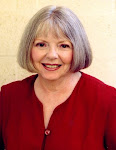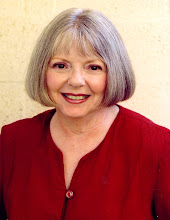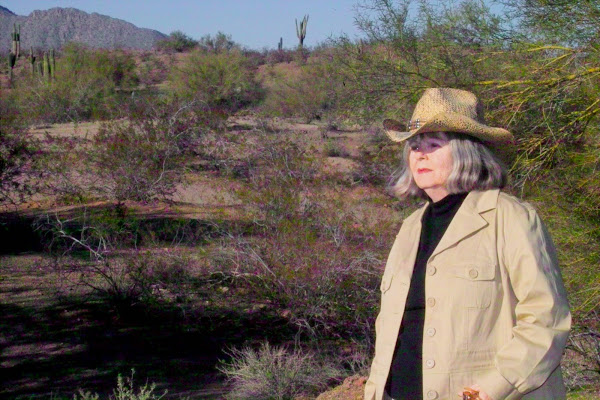Author Camille Minichino explains her approach to Malice in Miniature
I love a good argument. Ask anyone. Not a fight, mind you, but an argument or true debate— a set of statements in which one follows logically as a conclusion from the others. The best distinction I've heard came from a fifth-grader in a kids' logic class that I taught: when you argue it's about one thing; when you fight, it's about everything.
The problem is that too often I have a preferred outcome in an argument. I'm rooting for a team or a political candidate or for my friend's daughter who's standing at the debating club podium. It's nerve-wracking and I'm inevitably emotionally distressed over the process and the results.
What could be better then, than reading about a debate that's been over for one hundred and fifty years? The result is part of history; it does me no good to whine, "if only … !" I can immerse myself in long passages of beautiful, persuasive discourse based on reason, with no stake in who wins. Heaven!
So, what's not to love about the Lincoln-Douglas debates?
In Malice in Miniature, the third book in my new miniature mysteries series, the citizens of my fictional town of Lincoln Point, California, reenact one of the seven famous debates preceding the 1858 senatorial election in Illinois. In fact, Lincoln lost that election, but it's too late for me to care.
As I've created it, Lincoln Point is obsessed with our sixteenth president. There are quotes from Honest Abe on the city buildings; the main thoroughfares are Gettysburg Boulevard, Springfield Boulevard, and Hanks Road; the town is bordered by Joshua Speed Woods on one side and Nolin Creek Pines on the other; the indie coffee shop is called Seward's Folly. You get the picture.
It seemed natural that the citizens would have a debate reenactment, where actors auditioned for the coveted roles of Lincoln and Douglas. This was one of my favorite books to write. My protagonist, Gerry Porter, visits the city hall often in the book, and hears would-be actors reciting lines from the debate. It was a chance to pull quotes from the texts of the debates and feel I was part of their history.
It did come as a surprise to me that I ended up reading so many Lincoln books for this series, especially for Malice in Miniature. How did that happen? Didn't I choose to create a fictional town so I wouldn't have to do research?
My first series, the periodic table mysteries are set in the real city of Revere, Massachusetts, where I grew up. I got tired of having to call my relatives and childhood friends every time I needed information. Is Tuttle Street still one way? How many trees are in front of the high school? Is there a mailbox anywhere on Malden Street? One of the books, The Boric Acid Murder, is set at the Revere Public Library. I was forever calling the staff, who were most cooperative. "Please go to the window in the reading room and look north," I'd say. "What do you see?"
I wonder why I always set myself up for the same kind of challenge: doing research, as well as creating characters and structuring a mystery?
I think it's because I like to learn while I'm writing.
There's a common myth: write what you know. But what fun is that? Sure, you have to be interested in what you're writing. I know physics and wrote a physics-based series. Making miniatures is my hobby, and I love writing about them.
But if you write only the parts you already know, it could come out flat and pedantic.
There wasn't a lot of research involved in the elements themselves in the periodic table mysteries; I already knew enough about hydrogen, helium, and so on. So, in each book, I chose another theme or setting that I could learn about. In The Carbon Murder, it was horses and the equestrian world; in The Oxygen Murder it was documentary filmmaking. In other books, I've taken on racing cars, EMTs, a television crew, and the business of (human) coyotes.
I'm on my thirteenth novel, the fifth in the miniature mysteries. I'm still learning.
I think the best advice to aspiring writers should be: Don't write what you know. Write what you want to learn.
Anyone want to argue with that?
Monday, February 23, 2009
Subscribe to:
Post Comments (Atom)










2 comments:
Hello Camille/Margaret ...
I'm with you. If I wrote about "what I know," not only would *I* be bored, so would everyone else! I'd much rather be exploring/learning about something outside of my daily life and writing about that.
You do take it to great lengths, Ann -- another century! We're all looking forward to the 3rd Silver Rush mystery, Leaden Skies, in July from Poison Pen.
Same publisher as our Lena Jones author hostess!
Post a Comment